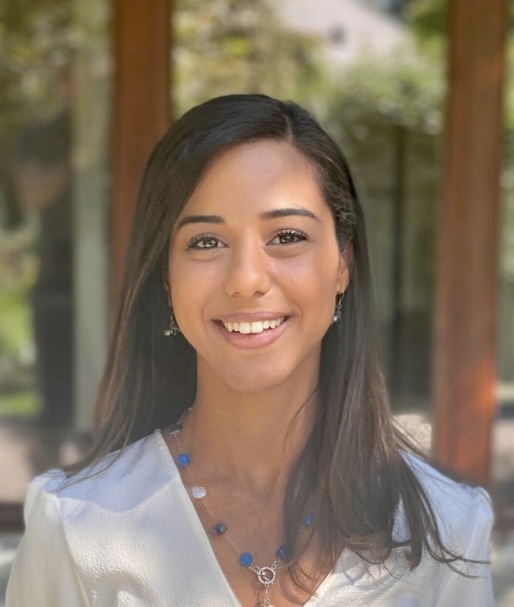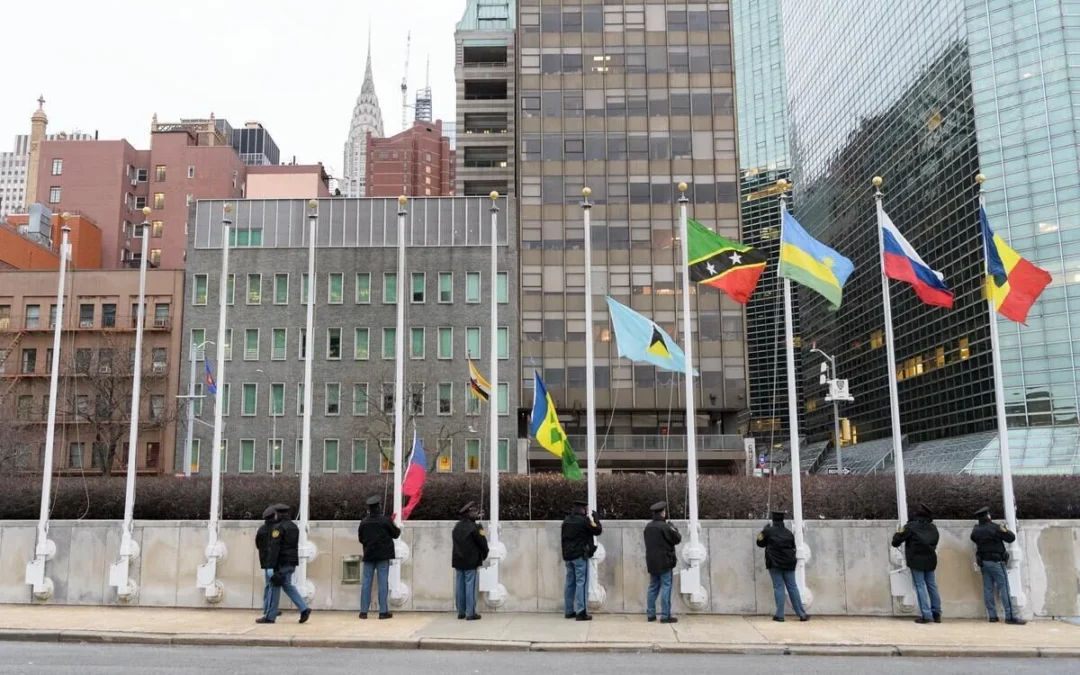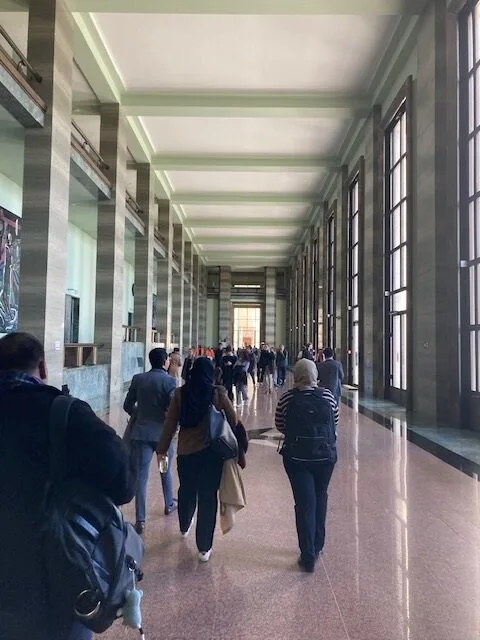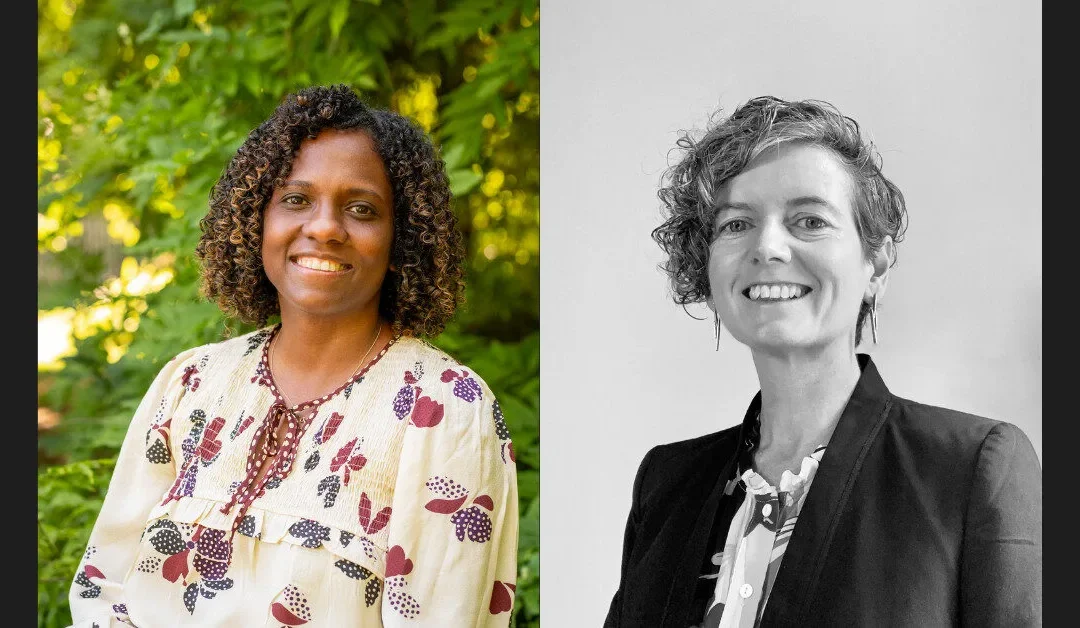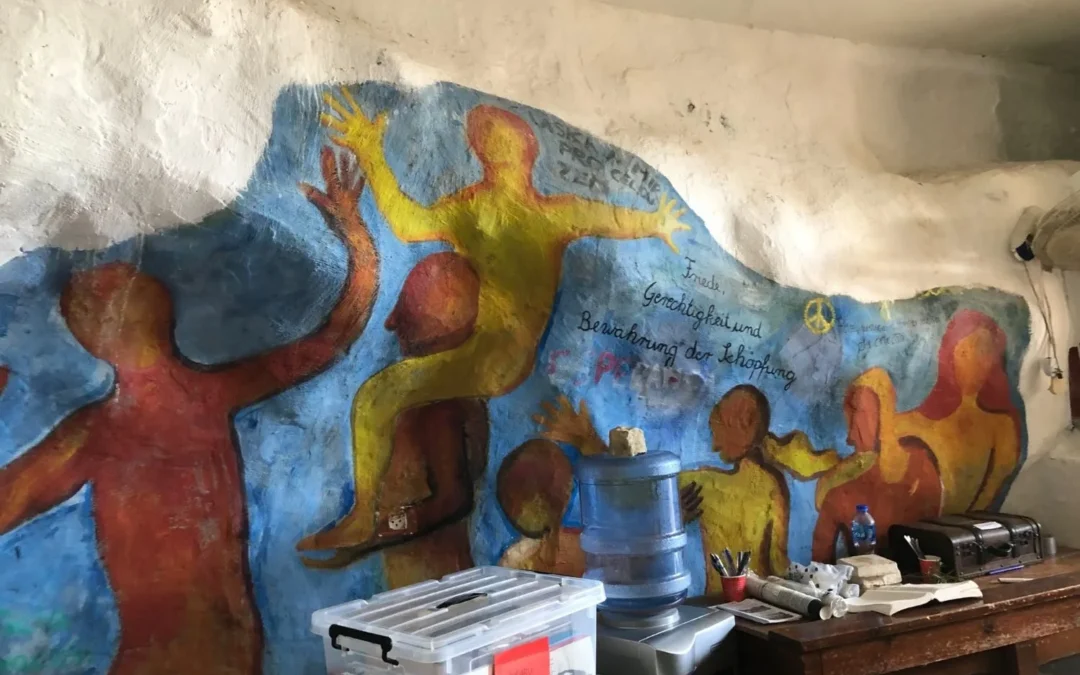The Quaker United Nations Office (QUNO) annually employs programme assistants to work with its Representatives at the United Nations (UN) for a year.
This full-time position introduces young professionals, at the start of their careers, to the UN ecosystem, including other international organisations, diplomats and grassroots movements.
Yasmin Beldjelti was a programme assistant for the Human Rights and Refugees programme. She reflects on her year with QUNO, which ends in September 2023.
Q: Tell us a bit about yourself?
A: I was born in Nairobi, Kenya, and have roots in Morocco, Jordan and Switzerland. I’ve had the privilege of living in numerous countries across Africa, Europe and the Middle East. While my experience as a migrant was a privileged one, it exposed me to some of the harsh realities of the inequalities in our world from a young age. It brought me face-to-face with the weight that privilege and social identity carry.
Q: What led you to QUNO?
A: The pursuit of answers gradually steered me towards the path of human rights and social justice advocacy, especially toward advocating for the human rights of migrants. Migrants are often subjected to social, economic, and political hostility, which not only harms those who are on the move but also undermines social cohesion on both local and global scales.
QUNO’s Human Rights and Refugees programme is crucial in highlighting these important issues and bringing them to the forefront of various UN processes. Ultimately, this compelled me to aspire to join this programme and contribute my efforts to QUNO's mission.
Q: What was a highlight of your time as a programme assistant?
A: I have had a significant improvement in my confidence in public speaking. I had the privilege to refine this skill by delivering impactful statements at the UN Human Rights Council and serving as a panelist for the inaugural Youth Panel editions at Geneva Peace Week.
I have actively participated in high-level meetings and bilateral discussions with delegates from missions, UN representatives, and civil society representatives, enabling me to contribute proactively to the strategic planning of our work. I had the opportunity to contribute to challenging negative narratives surrounding those on the move, and bridging governance gaps that often leave them vulnerable and unprotected.
Q: How will your time at QUNO help the next step in your career?
A: I feel grateful to have been part of an organisation that aligns closely with my beliefs and values. Our holistic approach to strategic advocacy has served us as a trusted facilitator of difficult conversations and negotiations in Geneva. My experience at QUNO inspires me to continue advocating for a just world and to apply the knowledge and many skills I have developed in future activism.

